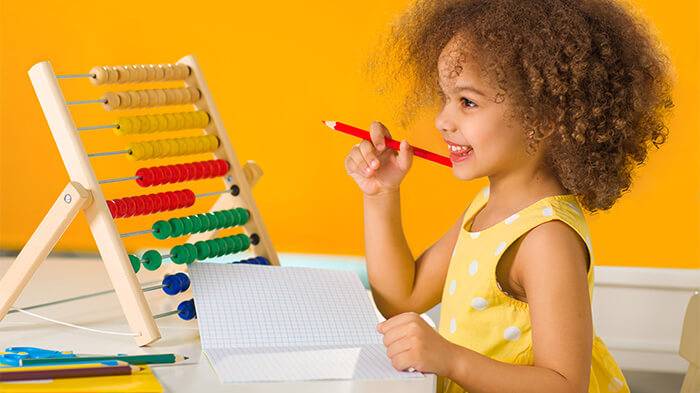The preschool phase, from ages of 3 to 5, is a pivotal period in a child’s development. It’s when they begin to explore the world around them with a curiosity that knows no bounds. Educational toys, during these formative years, play a crucial role in shaping a child’s cognitive abilities, motor skills, and foundational understanding of language and mathematics. The essence of educational toys lies in their ability to merge learning with play, offering a fun, engaging way to support a child’s developmental milestones.
The Art of Selecting Educational Toys
The marketplace is awash with toys claiming educational benefits, making the selection process somewhat overwhelming. However, understanding the developmental needs of preschoolers can significantly narrow down the choices. Ideal educational toys for preschoolers should:
- Stimulate Cognitive and Problem-Solving Skills: Toys that challenge a child’s thinking and encourage them to find solutions, such as complex puzzles or interactive electronic games, are invaluable for cognitive development.
- Enhance Motor Skills: Toys that necessitate the use of small muscles, like those in the hands and fingers for drawing or sculpting, as well as those requiring larger body movements, such as balancing or hopping, help refine both fine and gross motor skills.
- Promote Literacy and Numeracy: Early exposure to numbers and letters through playful learning can lay a solid foundation for academic skills. Toys that incorporate basic arithmetic, reading, and writing in an entertaining format are particularly beneficial.
- Foster Creativity and Imagination: Providing children with open-ended toys, such as blocks that can be used in a multitude of ways, encourages imaginative play and creative thinking.
- Encourage Social Interaction: Games and toys that necessitate sharing, turn-taking, and interacting with others help preschoolers develop essential social skills and emotional intelligence.
When evaluating toys, safety and appropriateness should be at the forefront. Ensure that toys are free of hazardous materials, have no small parts that could be ingested, and are suitable for the child’s age and developmental stage.
Top Educational Toys for Preschoolers: A Closer Look
1. Construction Sets and Building Blocks: These toys are instrumental in teaching spatial awareness, geometry, and basic physics. They also encourage perseverance as children learn through trial and error to balance and build structures.
2. Interactive and Multisensory Storybooks: Books that engage children beyond mere reading, with tactile elements, sounds, or augmented reality features, offer a multisensory learning experience. They enrich vocabulary and comprehension skills while making reading an interactive joy.
3. Advanced Puzzles and Shape Sorters: Engaging with puzzles helps children develop patience, attention to detail, and recognition skills. Shape sorters, in particular, enhance the ability to categorize and understand spatial relationships.
4. Creative Arts Kits: Activities involving art supplies like crayons, markers, paints, and clay support fine motor skills, hand-eye coordination, and creative expression. They also offer an emotional outlet and a sense of accomplishment.
5. Cooperative Board Games: Games designed for young children can introduce concepts of fairness, cooperation, and basic strategy. They also make for an excellent introduction to following rules and dealing with the natural ups and downs of gameplay.
6. Educational Technology Tools: Responsibly used, technology-based educational toys can offer personalized learning experiences in coding, languages, and math. However, it’s crucial to balance tech toys with physical play to ensure a well-rounded developmental experience.
Conclusion
The profound impact of educational toys on early childhood development cannot be overstated. By thoughtfully selecting toys that align with their developmental needs, caregivers can provide children with a rich environment that stimulates growth across multiple domains. The goal is to foster a love of learning that children will carry with them into their formal schooling years and beyond. Ultimately, the best educational toy is one that captivates a child’s imagination, invites exploration, and encourages them to learn through the joy of play.

